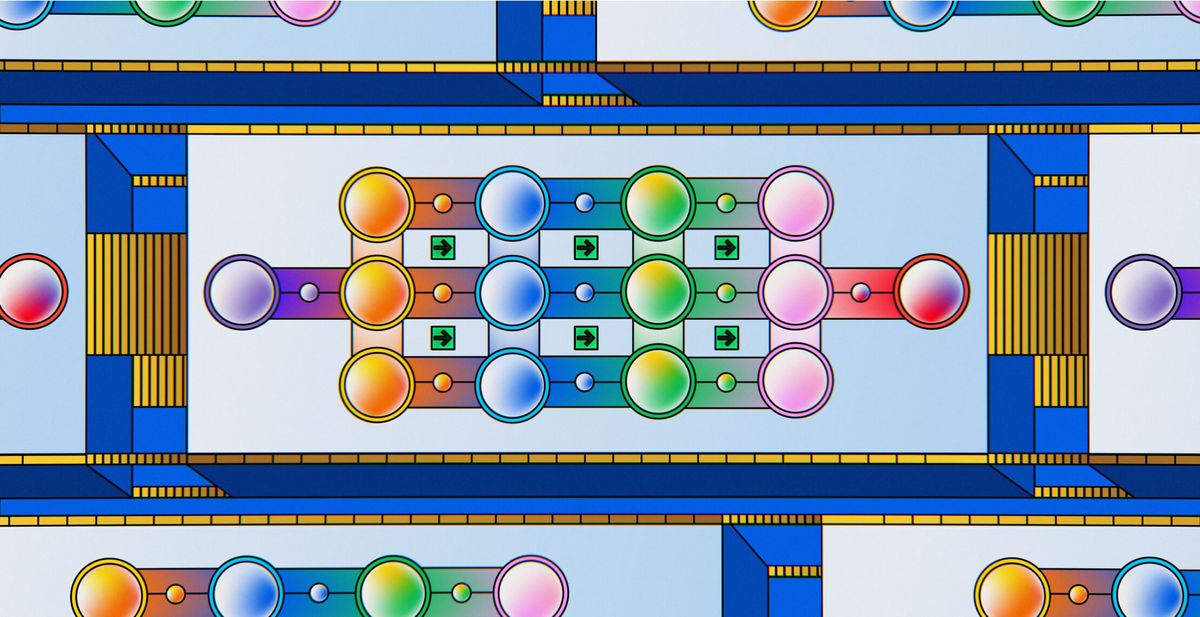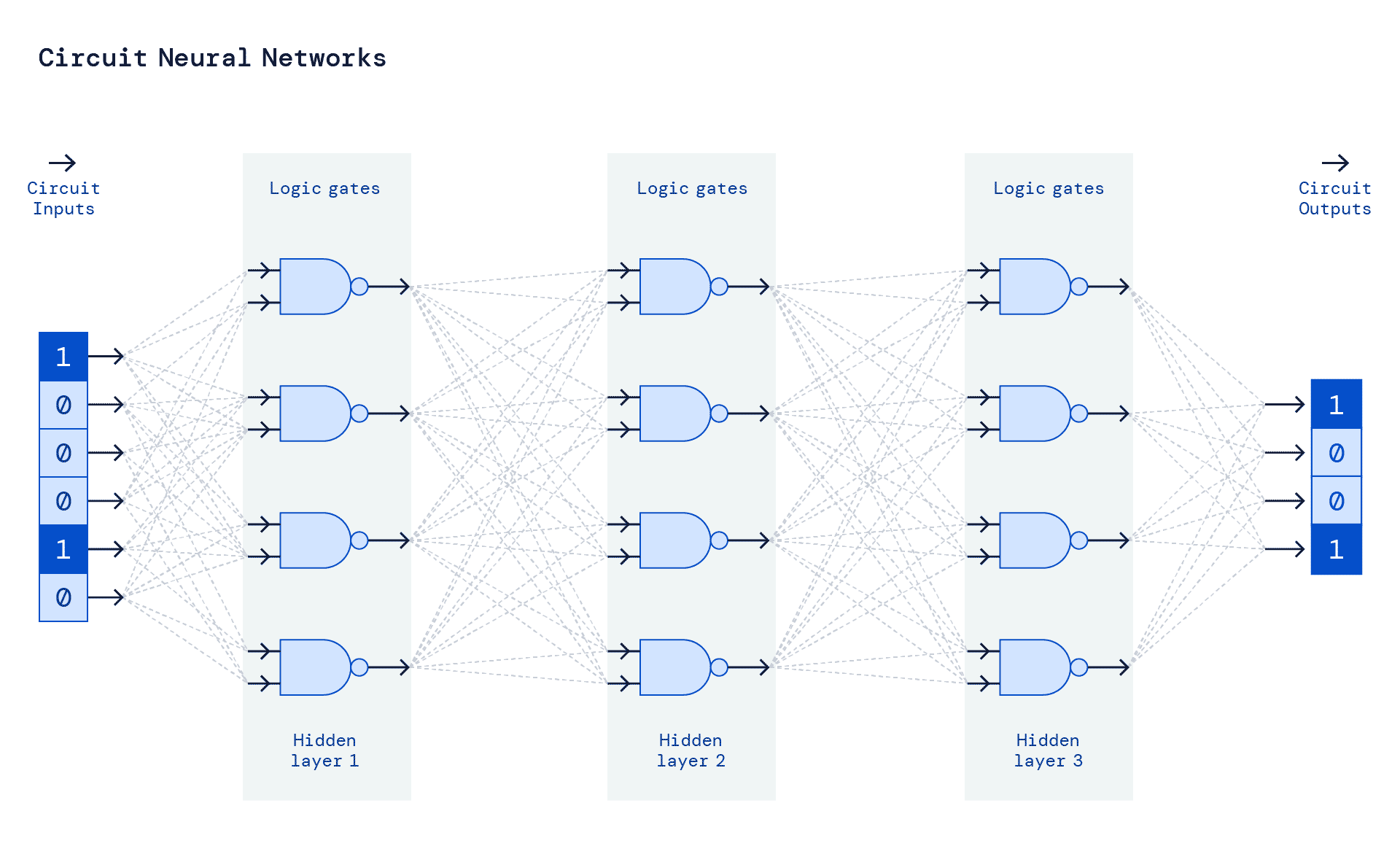
Computer chips power our phones, computers and other electronics. Moving forward, circuit design will be even more crucial for developing specialized hardware that makes AI systems efficient at scale. But the process can take years with conventional approaches. Google's DeepMind's automated AI design flow aims to accelerate the development of advanced computer chips.
In a recent breakthrough, the team has demonstrated how they can use AI to design faster, more efficient computer chips. Researchers developed AI models that can generate circuit designs optimized for speed, power, and size.
The idea is to treat circuits like neural networks. The researchers proposed "circuit neural networks" that connect nodes as logic gates and edges as wires between them. The AI model learns how to connect the components to build a working circuit.

This novel approach to circuit design was then optimized for computational speed, energy efficiency, and size, all while preserving its functionality. The team employed 'simulated annealing', a classic search technique that anticipates future configurations to find the most optimal solution. This technique was put to the test at the IWLS 2023 Programming Contest where DeepMind emerged victorious, delivering the best solution for 82% of the circuit design problems in the competition.
The DeepMind team has also begun applying their AI system AlphaZero to the circuit design challenge. AlphaZero's ability to look many steps into the future aligns seamlessly with the optimization process, treating it like a game to solve. Combining circuit neural networks with the reward function of reinforcement learning, DeepMind's approach is yielding promising results, heralding an exciting future of even more advanced computer chips.
This novel application of AI has the potential to unlock major advances in chip performance and capabilities. Given the countless applications powered by underlying chips and processors, the impact of AI-enabled chip design could be profound. This would be not just a game-changer for the tech industry, but a harbinger of the transformative potential AI holds for our digital society.

